In the world of real estate, the one number that reigns supreme is the market value of your property. Knowing your home’s value can come in handy in many scenarios beyond deciding to sell and move house.
In particular, knowing your home’s value allows you to quickly assess when it’s suitable to borrow, trade, or exit your investment.
In the market, you’ll come across different property valuations. The three most common ones are outlined below.
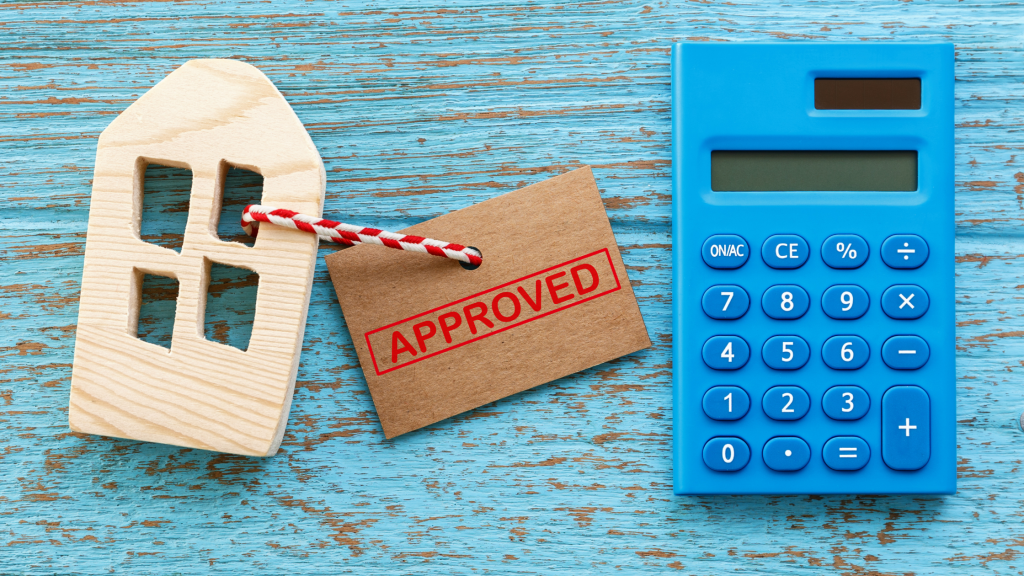
Appraisal value of your home
If you’re taking on a mortgage, banks will require an appraisal value of your home. Banks typically use your home’s appraisal value to determine the amount they’d be willing to lend against your home.
As a homeowner, this means that you’ll need to acquire a formal appraisal report through a qualified and licensed appraiser. An appraiser will arrange a walkthrough of your home, review market trends, and look at sales of similar properties. Once all of this is done, they will formally assess how much your home is worth.
Banks rely on a professional appraiser’s assessment when issuing loans. They’ll typically lend up to a maximum of 75% to 80% of your home’s assessed value. The rationale is that if the bank needed to foreclose on your home, they’d be able to recoup their lent capital by selling your home in a foreclosure sale.
The appraisal value of your home will be quite similar to the potential listing price for your home. However, other factors can contribute to a difference in the listing price, as shared below.
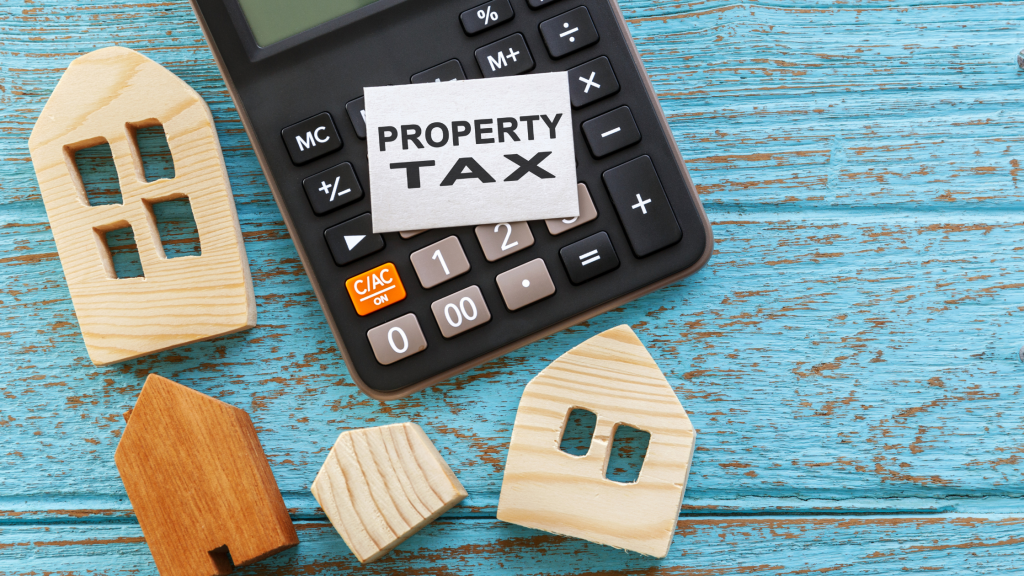
Tax assessment value
As a homeowner in BC, you might make a note of another common assessment value, the tax assessment value of your home.
The primary purpose of the tax assessment value is to calculate property taxes. And the assessment value serves as the base to calculate property taxes. To cut down on labor costs, the BC government uses a computer-generated valuation of your property.
Generally speaking, if you’re looking for a market valuation of your home, the tax assessment value won’t cut it. This is because the tax assessment value doesn’t consider pfeatures, updates, or the general condition of your home.
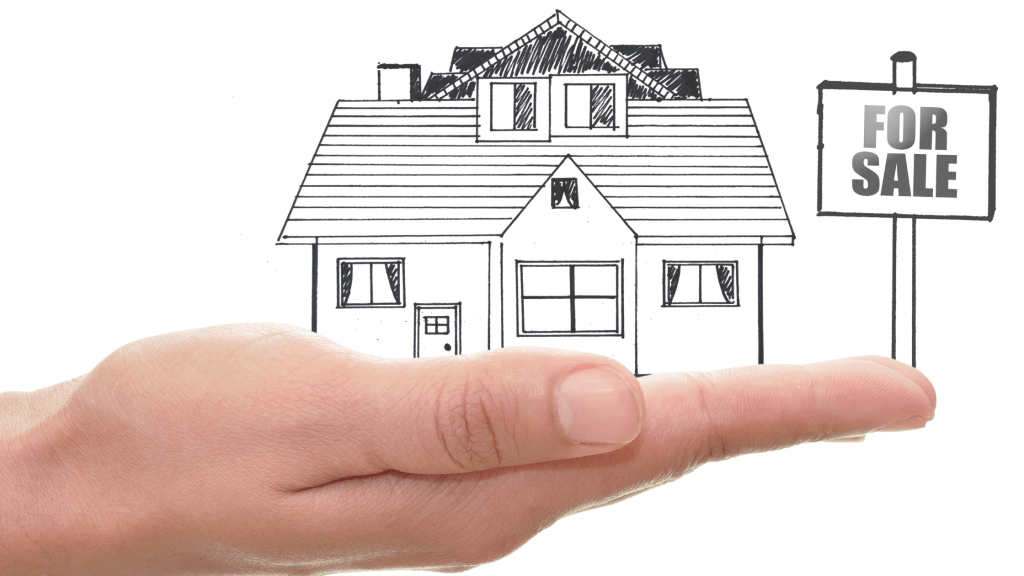
Listing Value for Your Home
If you’re evaluating the listing price for your home, you’ll want to make sure that you’re making an accurate read of the market and competitively pricing your home. Homebuyers will do their due diligence and research online. They’ll be attentive to listing prices for homes, easily make comparisons, and pass judgment on whether your home is reasonably priced.
Free Online Home Estimates
A good starting point to gauge how much your home may sell for is using a free home value estimator. These estimate tools are available online through real estate sites such as zillow.com. All you need to do is submit your address, and the estimator tool will use a proprietary formula to estimate your home’s sale value.
In Canada, zillow.com relies on voluntary sales data submitted by real estate brokerages. As a result, the accuracy of the home value estimate is only as good as the accuracy and consistency of information submitted.
Zillow.com doesn’t readily offer an accuracy range for its Canadian home estimates. However, the American website broadcasts that 95.1% of estimates are within 10% of the selling price across all states. Learn more about zillow.com’s Zestimate [here].
What is a Comparative Market Analysis for your Home?
A comparative market analysis (CMA) report is something that you’ll expect to receive when consulting a real estate professional. The report evaluates the anticipated selling price of a home based on data from recently sold and actively listed homes.
A real estate agent will access sales listings through the MLS, which is the primary listing platform for licensed realtors in Canada.
Through the MLS, a real estate agent will pull up information on sold and listed prices of comparable homes. To price your home, an agent will adjust for factors including your home’s age, features, and condition. Because no homes are exactly alike, this is where an agent exercises their expertise to make appropriate pricing adjustments when faced with market comparables.
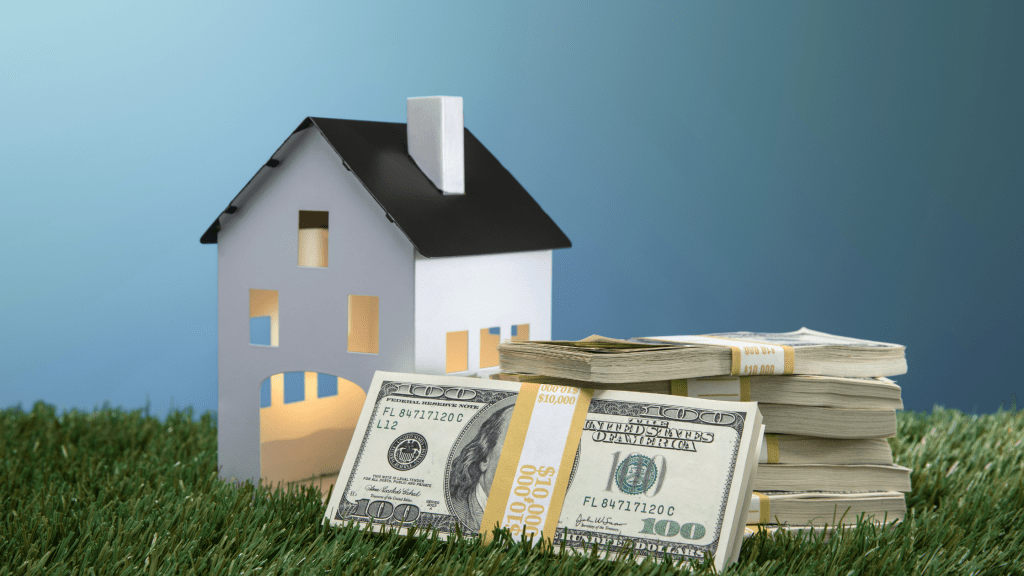
How to Price Your Home to Sell
The CMA report can provide an objective assessment of the sale price of your home. However, this doesn’t necessarily mean that this should be your listing price.
Similar to retail pricing rules, there is strategy involved in getting the best price for your home.
When an agent lists your home, their primary goal will be to drive foot traffic to your home.
More foot traffic means more potential buyers, potential competing offers, and a sale price at or above the listing price. Without competing interest, you can bet that a buyer’s agent will negotiate a lower purchase offer for their client.
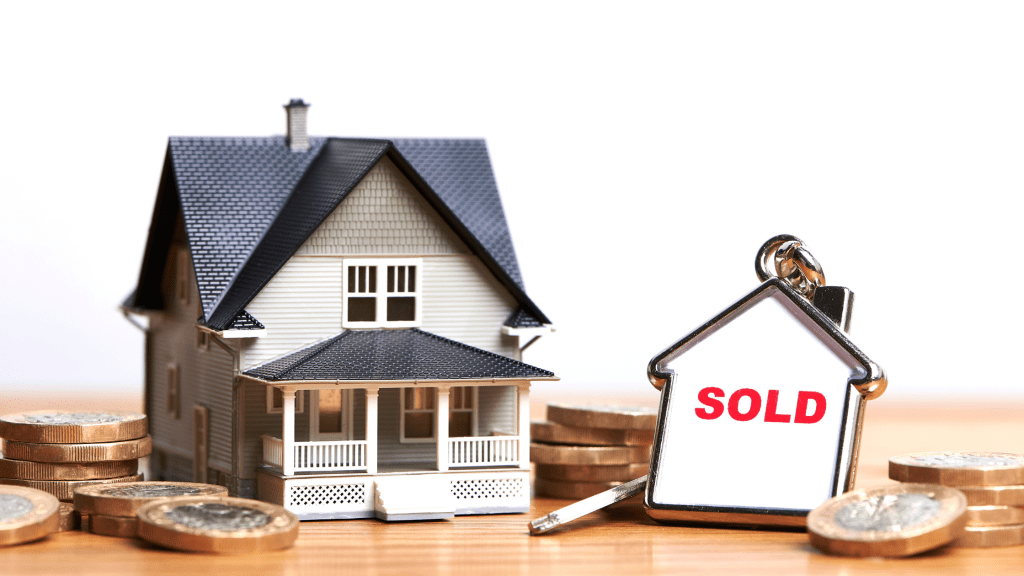
Pricing strategy is an important element in attracting buyers’ attention, engaging would-be buyers, and getting the best sales price for your home.
Buyers will be pragmatic and submit offers close to the perceived fair market value for a home. By pricing strategically, the result is to engage buyer interest to net a selling price at or above the market value for your home.
As real estate professionals, we can attest that it can be advantageous to list above a home’s market value in a seller’s market. Similarly, in a buyer’s market, it may be strategic to set a softer listing price. Being flexible and strategic with the pricing range for a property can channel buyer attention to rally the sales price for a home.
A targeted pricing strategy can ensure that your home gets optimal attention and you’re able to play off of market dynamics to secure top dollar for your home.
If you’d like to get a market valuation for your home, we’d be more than happy to provide you with a Comparative Market Analysis.
If you’re thinking of selling, we’d be happy to see how we can help you through your home selling process.


